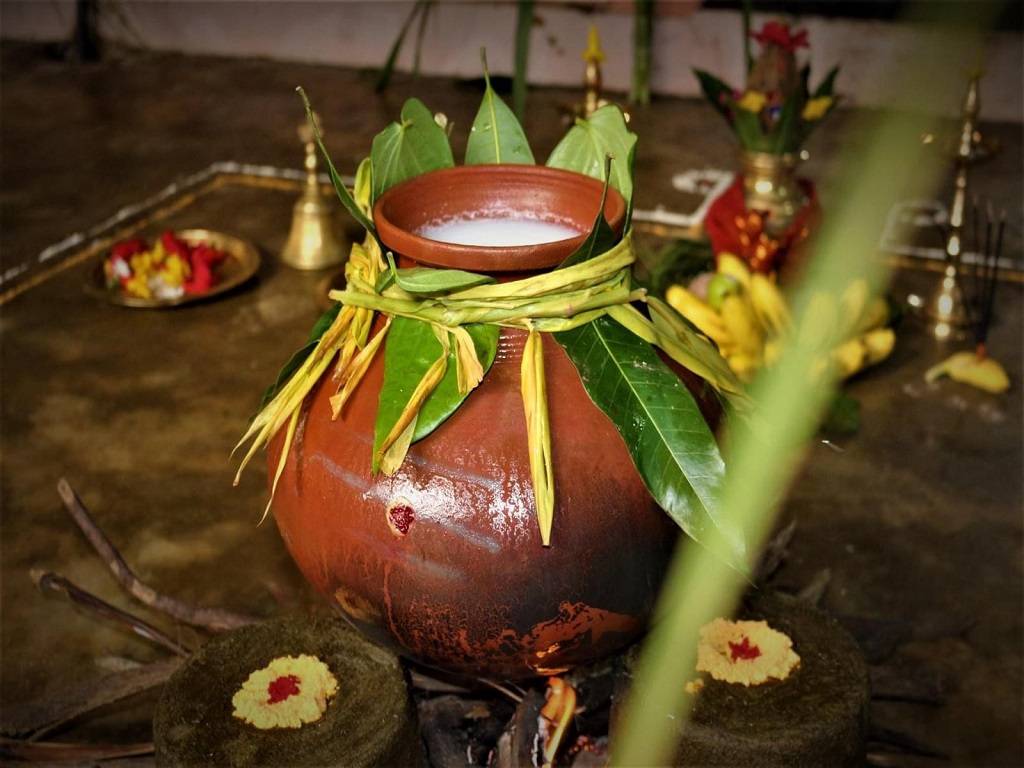
What is Pongal?
Pongal is a festival of thanksgiving that takes place throughout Southern India. The word Pongal comes from Tamil literature and means 'to boil.' Pongal also refers to a rice-based delicacy that is served during the festival. It's essentially a harvest festival, and it's the only one that adheres to the solar calendar.
Date and time
Every year on January 14th, this festival is held. Pongal marks the beginning of the sun's six-month travel to the north. In contrast to the sun's southern journey, it is regarded as exceedingly auspicious. It commemorates the moment when the sun reaches the zodiac sign Capricorn (Makar), thus the name Makar Sankranti (as Pongal is known as Makar Sankranti across northern & western India).
History and significance
Pongal is a historic festival whose presence can be dated back to the Sangam Age, which lasted from 200B.C. to 300A.D. Pongal was a Dravadian-era festival that is recorded in the Sanskrit Puranas. Some historians still associate it with the celebrations of the Sangam age.
Pongal was celebrated as Thai Niradal during the Sangam age, according to some historians. It is also thought that at this time, unmarried females prayed for the agricultural progress of the country and performed penance for this purpose. Those young unmarried females would fast as well, believing that it would bring the nation a healthy crop, great money, and prosperity for the coming year.
How is Pongal celebrated?
According to Hindu mythology and astrology, this festival is a particularly auspicious occasion since it symbolizes the beginning of God's six-month-long night. This festival is celebrated for three days. The first day is commemorated by a special pooja, which is conducted by cutting the paddy. Farmers honor the sun and the ground by putting sandalwood paste on their ploughs and sickles.
Each of the days includes a distinct celebration. The first day is called Bhogi Pongal and is a day to spend with your family. Surya, the Sun God, is worshipped on the second day, which is recognized as Surya Pongal. On this day, cooked milk with jaggery is presented to the Sun God. On the third day, Mattu Pongal is dedicated to the worship of cattle, popularly known as Mattu. Cattle are rinsed and cleaned, their horns are painted in various colors, and they are adorned with flowers. Pongal offered to the gods is then offered to the animals and birds.










